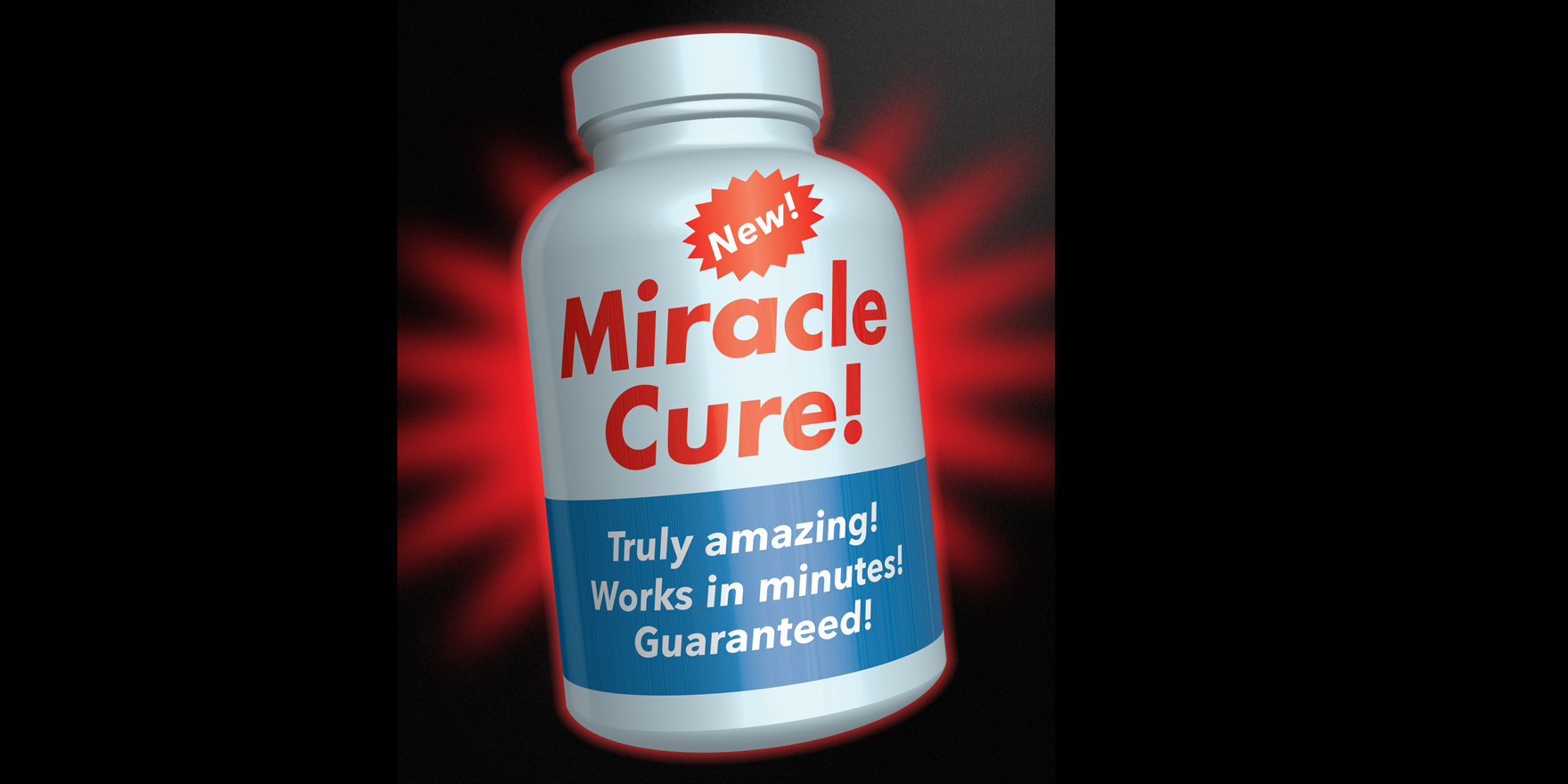The public will be the losers if advertising standards on dietary supplements are slackened
Australians will be at an even greater risk of misleading and exploitative claims about dietary supplements if proposed changes to advertising regulation are adopted, experts warn.
This could worsen an already worrying trend, highlighted in a US study of 38,000 adults which found supplement consumption remained high despite decades of research failing to find health benefits.
The effect has been dubbed the Supplement Paradox.
“It’s a triumph of marketing over science and logic,” said Adjunct Associate Professor Ken Harvey, public health physician and advocate from Monash University.
“If you’re Swisse, and you’re spending $50 million a year on celebrities and advertising and billboards and television, then people get that message.”
“It’s why we in the public health area have had to restrain tobacco advertising and alcohol advertising, because unrestrained promotion leads to crazy habits,” he said.
The US research, published in JAMA, found the number of supplements in the marketplace grew from 4000 in 1994 to 55,000 in 2012, by which time the industry had grown to be worth over $US32 billion per year.
It’s a similar story in Australia, with research company Roy Morgan finding an increase in the proportion of the population consuming supplements from 36% in 2011 to 42% in 2015.
“Despite ongoing medical debate about whether vitamins actually work, an increasing number of Australians are buying them, with chemists their favourite place of purchase,” said Andrew Price, Roy Morgan’s general manager of consumer products.
Meanwhile, the Australian government released its response to the Samson review into medicines and medical device regulation, indicating it intended to water down the regulations on advertising to cut red tape.
If the new recommendations were approved, pre-vetting of advertisements would be replaced with “a more self-regulatory regime”, the TGA stated.
It appears the government intends to beef up enforcement powers, with stiffer penalties for regulatory breaches uncovered in post-marketing surveillance.
But Professor Harvey said he expected the public would be victim of a flood of misleading advertising as a result.
Post-marketing reviews already showed that four out of five listed medicines did not comply with the regulations, he said.
Moreover, the TGA’s complaint resolution panel upheld around 98% of all complaints they received.
“There’s huge amounts of money to be made from basically bullshitting that supplements can help if you’re not consuming a healthy diet […] that they will prevent disease and that they will help you have a healthy life,” said Professor Harvey.
Nutritionist Dr Rosemary Stanton told The Medical Republic that consumers were always looking for a silver bullet.
“The general public have the idea that, ‘maybe my diet isn’t particularly good, therefore if I have a supplement it’s a bit of nutritional insurance’,” said Dr Stanton.
“I find that a really dangerous way of thinking, in that it makes people feel comfortable with crook diets and so they don’t make any attempt to fix things up because they think the supplement will do the trick.”
Multivitamins were a good example of one commonly consumed product that did not live up to consumers’ expectations, Dr Stanton said.
“I don’t know of any multivitamins that actually contain what I would consider the balanced intake of their components,” she said. “You’ll find a lot of supplements contain enormous amounts of cheap ingredients – several hundred times your recommended dietary intake of some vitamins – and very little of others.”
Meanwhile, Australian figures show only 40% of the adult population has the health literacy to adequately understand the information needed for everyday life.
Professor Harvey said the complaint process was already slow, taking months, and sometimes years, for complaints to work their way through the system. “At the moment the rules are being breached with impunity, and they’re laughing all the way to the bank,” he said.
“We need a regulatory system that has more teeth.”
JAMA 2016; online 11 October


